Since protein is one of the most essential nutrients you need, it seems obvious that there are many opinions regarding how to get it, how much to get, and when to get it. It’s important that you know the answers to these questions, and don’t fall for the many myths.
Jamie Baum, Ph.D., an assistant professor of food science and protein researcher at the University of Arkansas states, “Just adding more protein to everything isn’t healthy.” Baum and other nutrition experts clarify some of the other big myths and misunderstandings about protein.
1. More protein means more muscle.
While your body cannot properly repair muscle damage or build new muscle without adequate protein and amino acids, eating protein might not be enough to build up or maintain your muscle mass. Baum states, “You need exercise to do that.”
As you age, your muscle mass tends to decrease. This can increase your risk of falls. You need to get plenty of aerobic exercise to help keep your muscle mass, according to Wayne Campbell, Ph.D., a professor of nutrition science at Purdue University.
2. All protein is not created equal.
Most foods contain at least trace amounts of protein. But, not all of these sources are created equal. Not all of these sources contain the essential amino acids that you need to support your muscles and cells.
Baum states, “There’s a huge difference between animal and plant sources of protein. While animal foods—meat, dairy, eggs, and fish—are complete sources of essential amino acids, plants are not.” Because not all of the protein in plant sources is bioavailable, she adds, “The fibre in some plant sources of protein may prevent the digestion and absorption of some amino acids.”
If you are eating a diet mainly consisting of plant proteins, you need to make sure you are getting enough of the essential amino acids that come from animal sources. Be sure to add plenty of legumes, like beans, lentils, and peanuts, and also whole grains.
3. More protein is not necessarily better for you.
Although the average American diet contains between 80-90 grams of protein, this is about twice what you need according to the National Academy of Medicine, says Douglas Paddon-Jones, Ph.D., a professor of nutrition and metabolism at the University of Texas Medical Branch.
He states, “If you’re eating an omnivorous diet, that is, a diet that contains both plants and animals, protein inadequacy is really not an issue.” When it comes time to build muscle and keep yourself feeling full after meals, Paddon-Jones states, “there’s a limit to how much protein your body can actually use.”
This is somewhere around 25-30 grams per meal. That’s about the amount found in two eggs or a 3-ounce portion of meat. Instead of eating more protein, make sure you are getting it from the right sources, as well as throughout the day at each meal.
4. You don’t necessarily need protein immediately after working out.
Many young men who hit the gym are under the impression that they need to take in a lot of protein immediately following a big workout. This is not really the case. Baum explains, “People in Arnold Schwarzenegger-type body building competitions probably need protein every 4 hours.” But the average person needs the average amount of protein, and getting it with our meals is usually enough for muscle recovery.
A study in the Journal of the International Society of Sports Nutrition found that those who took in too much protein immediately after working out showed no measurable benefits with regard to muscle growth or strength, compared with those who consumed their protein with their next meal.
5. Protein will not necessarily give you energy.
If you are constantly fatigued, you might actually be low on protein. But, this only occurs when your body is really depleted. It doesn’t happen after a couple of meals, or even a couple of days. For those who are vegan, you might not be getting enough protein, but typically feeling tired is not related to how much protein you are consuming.
6. Protein will not help you lose weight.
While eating protein can make you feel more satisfied after a meal, Baum explains, “You can still overdo it and eat too much protein, and it can still make you fat.”
If you are trying to add protein to your diet to reduce hunger and improve muscle health, try exchanging carbohydrate calories for protein calories—instead of just adding protein. For example, if you eat a whole wheat bagel for breakfast with cream cheese, don’t just add Greek yoghurt, reduce the size of the bagel to compensate for the calories.
When you know how much of certain nutrients you need, and when to get them, you can maximize the health benefits and make your diet healthier!

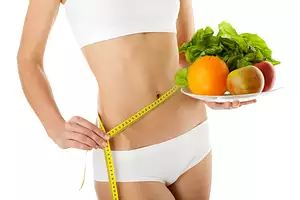
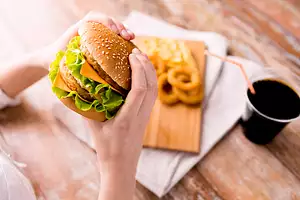
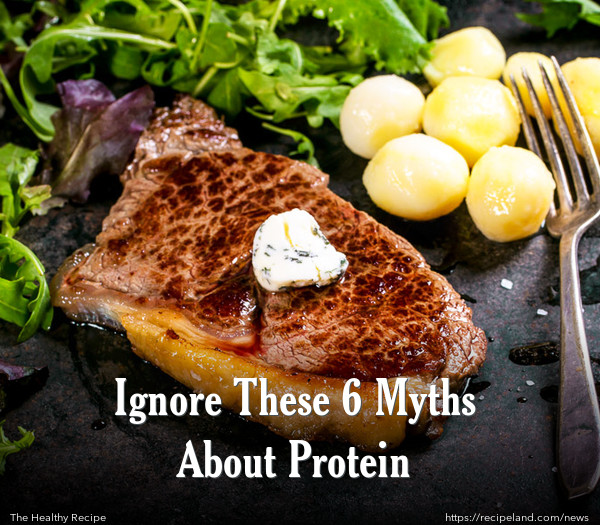

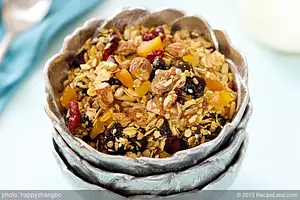
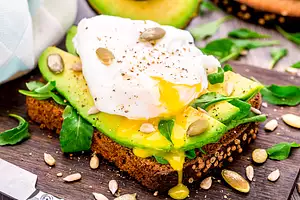
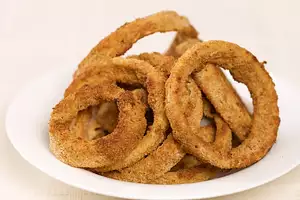
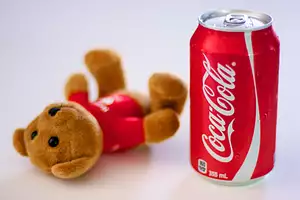
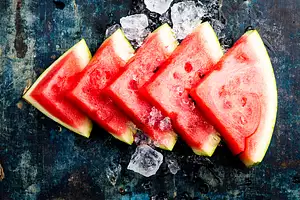
Comments